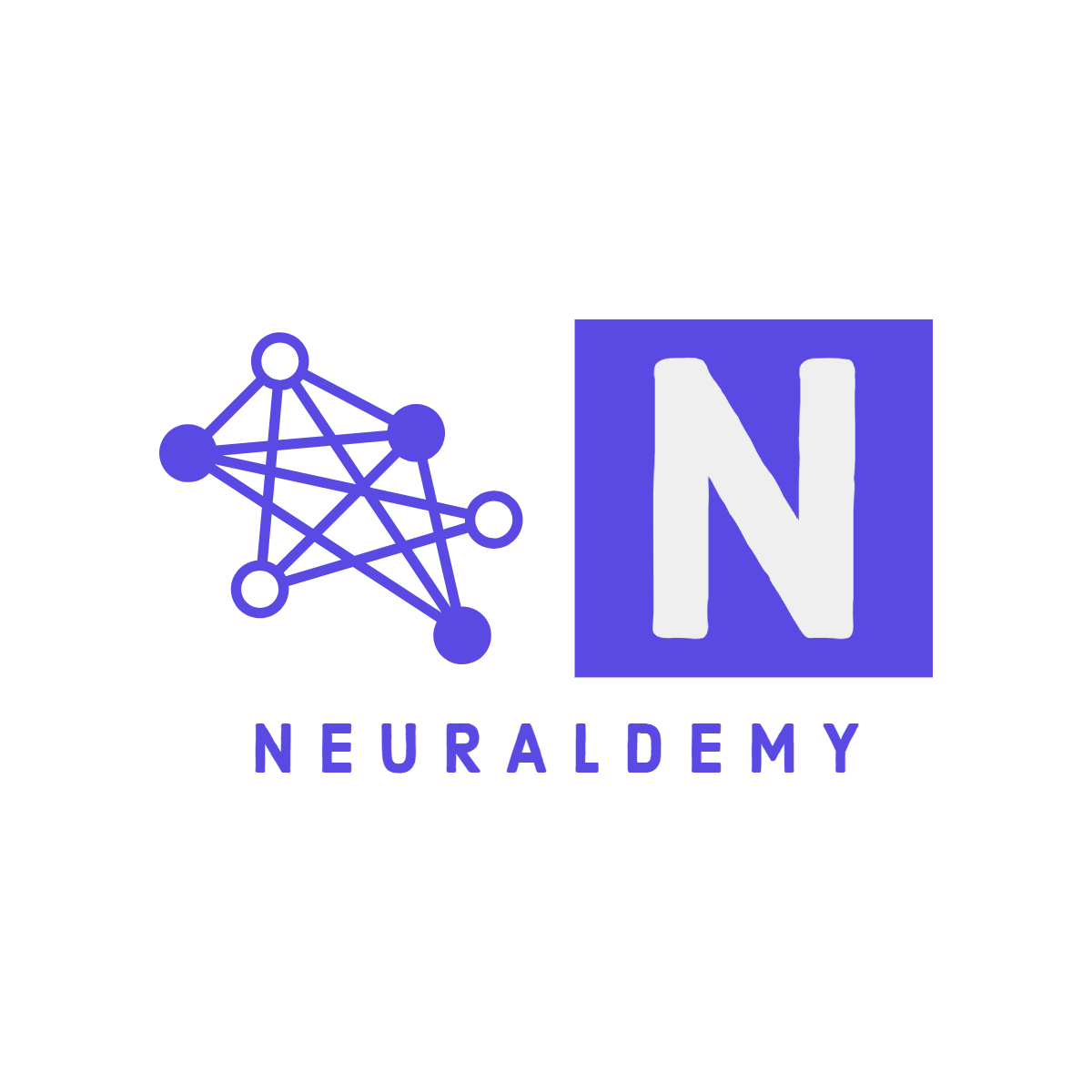Generative AI Tools, Like ChatGPT And Copilot, Are Affecting Critical Thinking!
A recent study by researchers from Carnegie Mellon University and Microsoft Research explores how generative AI tools, like ChatGPT and Copilot, are affecting critical thinking in professional settings. As AI becomes a regular part of daily work, there are growing concerns about its impact on human reasoning and problem-solving skills.
The study surveyed 319 knowledge workers and collected 936 real-life examples of how AI is used in their jobs. Researchers wanted to understand how often people engage in critical thinking while using AI and whether AI assistance makes tasks easier or harder. One key discovery was that confidence plays a big role: when workers have high confidence in their own skills, they are more likely to think critically. But when they trust AI too much, they tend to rely on it without questioning its output.
The study found that many professionals still verify AI-generated information to ensure accuracy, especially in tasks like data analysis, technical writing, and decision-making. They double-check facts, compare AI outputs with trusted sources, and use their own expertise to refine AI suggestions. However, when tasks are routine or low-risk, people are more likely to accept AI-generated content without much thought. This could eventually weaken problem-solving skills over time.
One of the most important findings was a phenomenon called “mechanized convergence.” This means that people using AI often produce similar results because they depend on the same AI-generated responses instead of coming up with unique solutions. Over time, this could reduce diversity of thought and creativity in professional work. If AI-generated answers are blindly accepted, innovation and independent thinking could decline.
While AI tools are great for improving efficiency and saving time, the study warns that over reliance on them may lead to cognitive decline. This is similar to concerns in the past when calculators became common, leading to fears that people would forget how to do basic math. In the same way, AI could be changing the way we think, shifting our role from deep problem-solving to simply reviewing AI outputs.
Despite these concerns, the study also highlights how AI is reshaping critical thinking. Instead of manually solving complex problems, workers are now focusing on verifying and refining AI-generated content. This shift comes with both benefits and risks. On the plus side, AI speeds up work and provides access to vast amounts of information. But on the downside, it may limit hands-on engagement, which is crucial for keeping cognitive skills sharp.
The study also looked at why professionals still engage in critical thinking while using AI. Many do so to maintain high-quality work and avoid mistakes. The challenge is finding the right balance between efficiency and careful evaluation. AI can handle repetitive tasks and generate ideas, but human judgment is still necessary to ensure accuracy and relevance.
There are also bigger implications for businesses and industries. If employees become too dependent on AI, entire organizations could suffer from a lack of independent thinking and innovation. This could be especially harmful in fields that rely on creative problem-solving and deep analysis. To prevent this, companies need to develop AI tools that encourage users to actively engage with AI outputs instead of blindly accepting them.
The study emphasizes that AI itself is not the problem, it’s how we use it that matters. AI tools should be designed to encourage questioning, verification, and deeper thinking rather than passive acceptance. Future AI models could include features that prompt users to fact-check or critically assess the information they generate.
These findings also have implications for education and job training. As AI becomes more common in workplaces, employees must learn how to effectively evaluate and interact with these tools. Schools and training programs may need to emphasize critical thinking skills in AI-assisted environments to prepare the workforce for the future.
In conclusion, this study sheds light on the challenges and opportunities AI presents for knowledge workers. While AI boosts productivity, it also poses risks to independent thinking. The key is to use AI wisely taking advantage of its efficiency while maintaining the critical thinking skills that drive innovation. As we move into an AI-powered future, it’s essential to ensure that human judgment remains at the core of decision-making.


